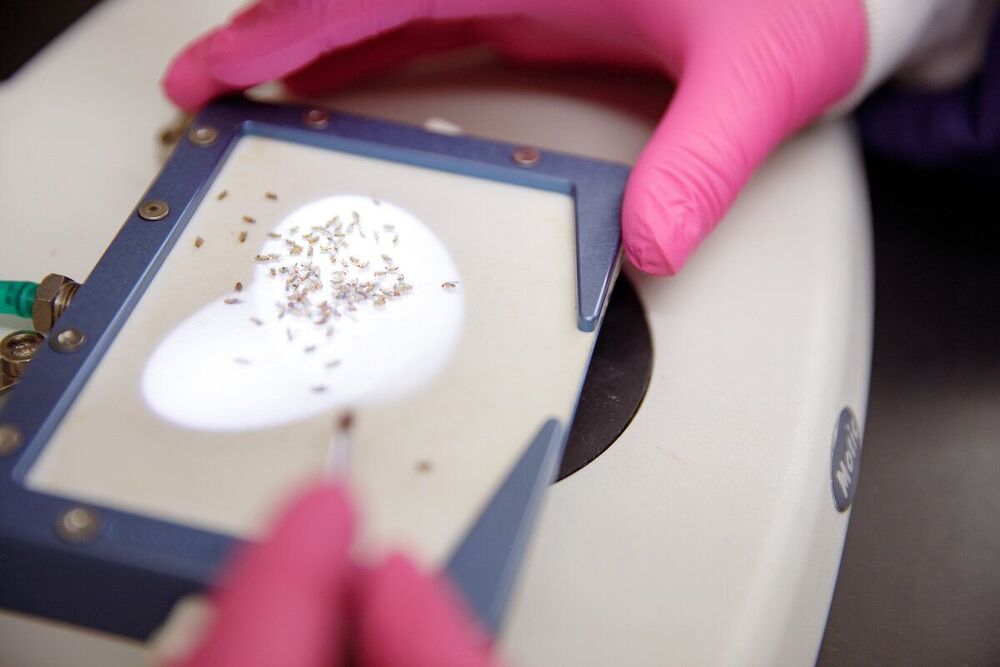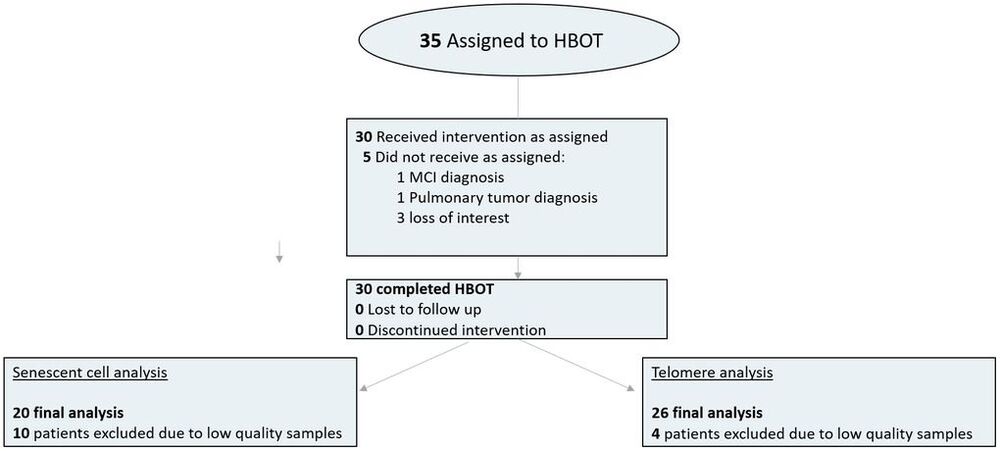Hey guys — you might like this interview I did with Brent Nally (CEO — Longevity Plan) about why humans can and should strive towards biological immortality. Very grateful for any subs to support the channel!
I interview Brent Nally, host of Lifespan News and CEO/co-founder of Longevity Plan, about the longevity movement and why he believes humans can and should strive for biological immortality. Covers scientific progress, the evolving longevity movement, why some oppose radical life extension and a brief section on Bitcoin.
Lifespan news: https://www.youtube.com/channel/UC-hyW-B6pWS8lPjZk4zLYcQ
Brent’s YouTube: https://www.youtube.com/channel/UCCwpkla04tVxHJUds2J2aqA





